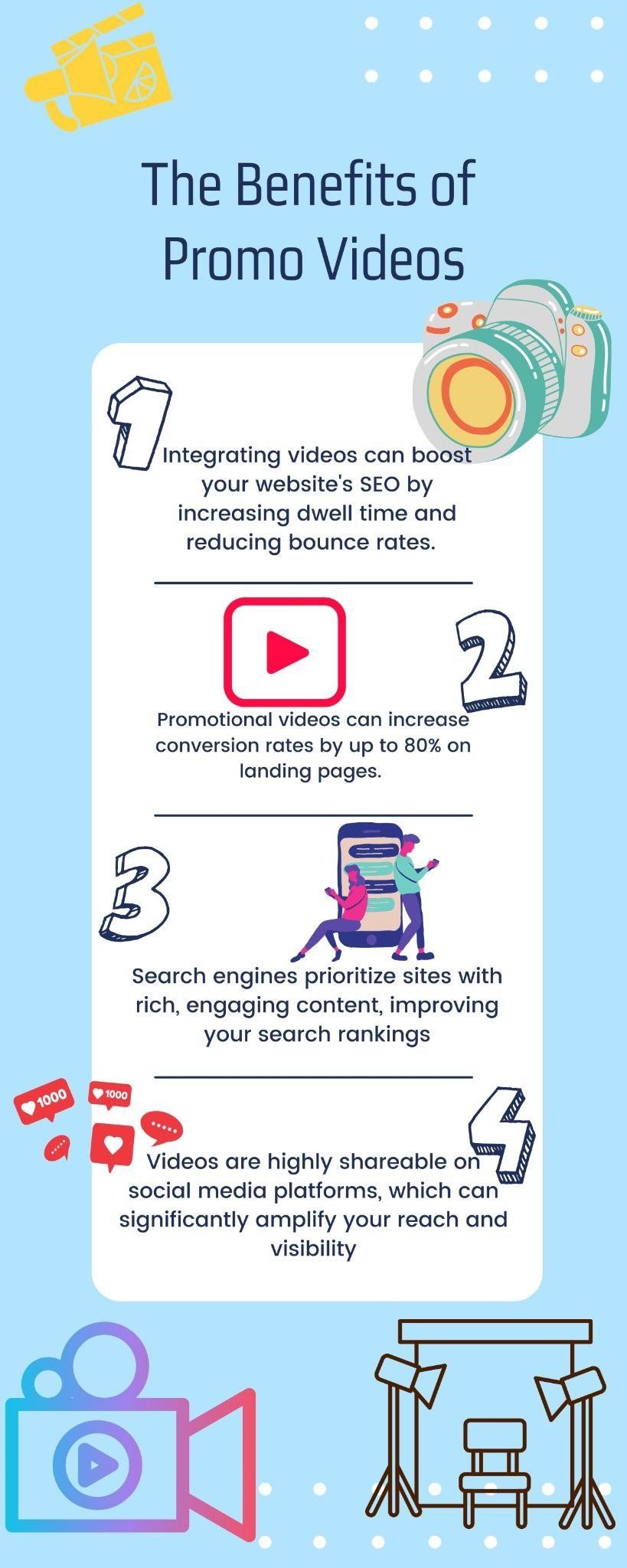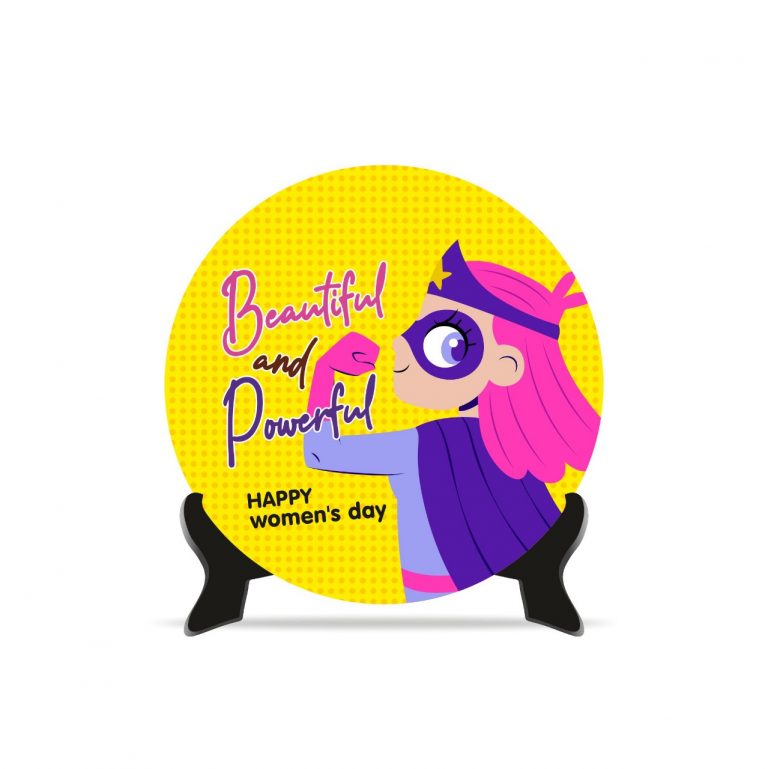When it comes to employer branding and internal communication, video isn’t just an add-on – it’s central to shaping how your people see and feel about the organization. Whether you’re onboarding new hires, boosting morale, or highlighting your culture to future talent, a well-executed video does more than inform – it inspires.
But success hinges on the partner you choose. The right video agency brings more than cameras; they bring perspective, clarity, and creative rigor that reflects your values. The following sections will help you navigate this decision strategically, starting with the questions that reveal true compatibility.
Knowing Which Questions To Ask
Before you assess creativity or pricing, you need to know exactly what to ask a potential video partner – because the wrong fit isn’t just expensive, it can be culturally off-brand.
One such website, Slinky Productions offers a strong foundation for your inquiry process. Their guide on questions to ask when selecting a video partner highlights critical concerns around transparency, team composition, and workflow clarity. For example, don’t just ask “What’s your rate?” – ask whether they provide a full spec list with itemized costings. This protects you from vague quotes that may balloon mid-project.
Equally important is understanding who will work on your video. Slinky suggests asking: “Will the project be managed and executed by in-house specialists or subcontracted freelancers?” The latter often leads to inconsistency in quality or communication. You also want to know how much of your time will be required. Are they hands-on with planning, or do they expect you to script and storyboard everything?
Go deeper with these additional, often overlooked questions:
- What does your post-production timeline look like, and how do you manage feedback rounds?
- Have you produced internal communications before, not just promotional content?
- Can you provide references or examples of similar work done within our industry?
A professional agency will not only have clear, structured answers – they’ll appreciate the rigor behind your questions.
Evaluating Strategic Alignment With Your Employer Brand
Once basic qualifications are met, turn your attention to strategic compatibility. A video partner isn’t just producing content – they’re amplifying your employer identity.
Start by assessing whether the agency understands the nuances of employer branding. Videos for internal use should reflect your tone, mission, and values. That means they must first understand your employee experience-what your people care about, what drives engagement, and how culture is expressed visually. Look for agencies that explore this with you, not gloss over it.
Ask:
- How do you translate internal values into visual storytelling?
- Do you develop creative treatments that reflect a company’s long-term employer branding goals?
- Can you adapt tone and narrative style depending on department, region, or role?
You’re not hiring someone to shoot a pretty reel-you’re building a brand message your employees will trust. A strategic video partner will suggest storylines tied to real employee experiences: authentic, unscripted interviews, day-in-the-life formats, or behind-the-scenes office footage that feels honest, not staged.
Reviewing Creative Process And Production Rigor
Even the best strategy falls flat without strong creative execution. A key factor in choosing your video partner is evaluating their actual workflow and creative discipline.
You want to understand how ideas move from concept to delivery:
- Do they provide moodboards, scripts, and shot lists in pre-production?
- Is there a dedicated producer managing the project from start to finish?
- Do they offer revisions built into the timeline?
Quality video production follows a clear arc: research > scripting > pre-production > shoot > post-production > delivery. Each of these phases should have named roles and set timelines.
Ask to see case studies or sample projects that show how they handle edits, color grading, sound design, and captioning. For internal comms, clarity and accessibility are key – so the ability to provide captions, multilingual options, or screen-reader-compatible formats may be vital.
Related Posts
And finally, review their on-set etiquette. Will they disrupt a workday, or are they efficient and invisible? Professional crews blend in, work fast, and make subjects feel comfortable – especially in employee interviews.

Understanding Project Management And Communication Flow
A critical, often underestimated factor in a successful video project is how the agency communicates and manages feedback.
Before signing on, clarify:
- Who will be your main point of contact?
- How often will progress updates be shared?
- What tools do they use to share drafts – email, portals, real-time collaboration platforms?
Communication failures lead to missed deadlines, muddled creative intent, and ultimately, wasted budget. A strong video partner has a producer or account manager who keeps everything moving and handles your questions before they become problems.
You also want to know how they manage internal reviews and feedback. Will they walk your team through a rough cut in person or via live call? Do they set deadlines for input and offer a structured way to gather team feedback?
Good project management keeps you informed, involved, but never overwhelmed. It prevents bottlenecks and ensures creative momentum doesn’t stall due to internal misalignment.
Matching Budget To Value Without Compromising On Quality
Cost is always part of the decision – but it should never be the first filter. Focus instead on value: what are you getting, and does it support your long-term brand goals?
Professional video partners offer detailed quotes, not ballpark figures. You should expect itemized breakdowns for:
- Pre-production planning
- Filming days and equipment
- Editing and post-production
- Licensing (music, stock)
- Voiceover or subtitles
It is important to note the risk of “single-line quotes,” which often hide extra charges. Look for transparency and ensure they include up to two rounds of revision without extra billing.
Also consider internal resource costs. Some agencies may appear cheaper but offload storyboarding, scripting, and organizing shoot logistics onto your team. A higher upfront fee with a full-service partner may save you time, stress, and internal resources in the long run.
And finally, ask about scalability. Can they support multiple videos annually, or even localize content for different office branches? A vendor who can grow with you prevents future resourcing issues.
Wrapping Up
Choosing a video partner for your employer brand and internal communications is more than a vendor decision – it’s a cultural collaboration. The right team will challenge you to clarify your story, bring structure to your ideas, and deliver finished work that resonates deeply with employees.
Ask the hard questions up front, look for alignment beyond the pitch deck, and invest in relationships that build trust. A strategic, creative video partner won’t just help you communicate – they’ll help you connect.










